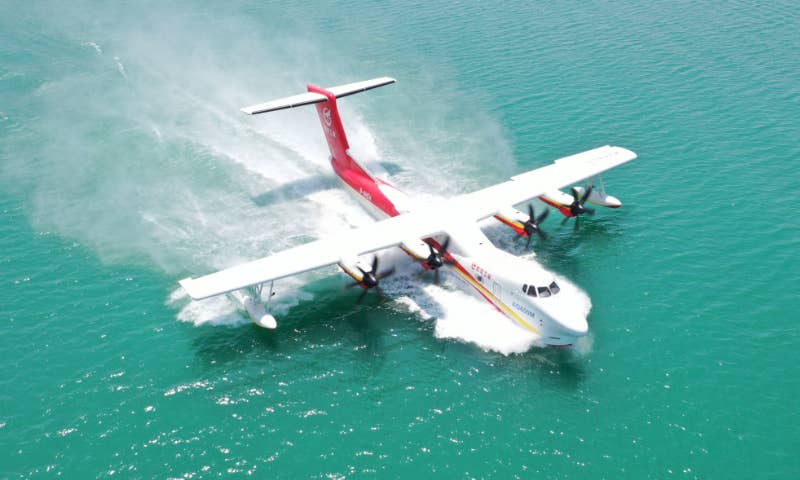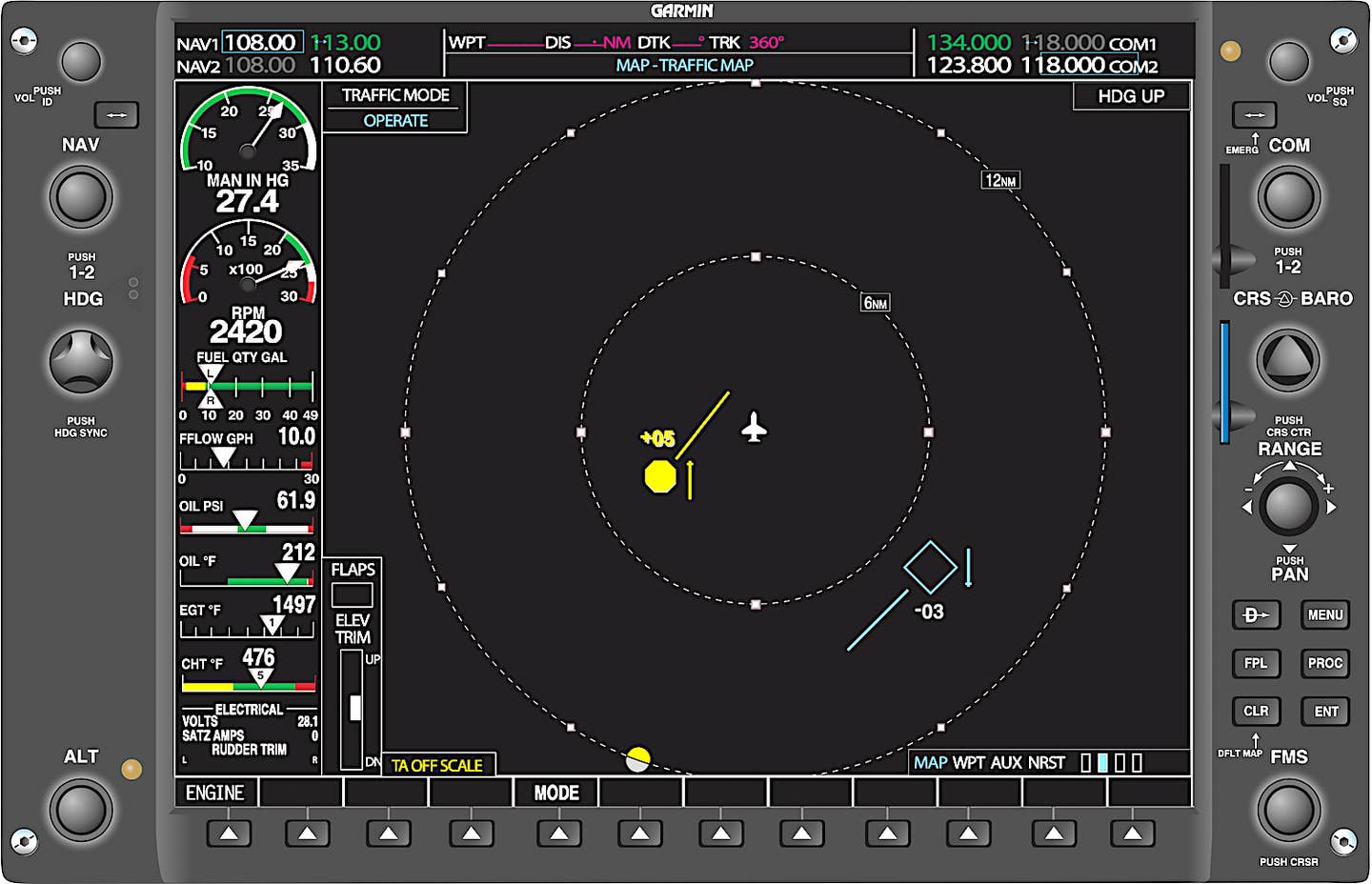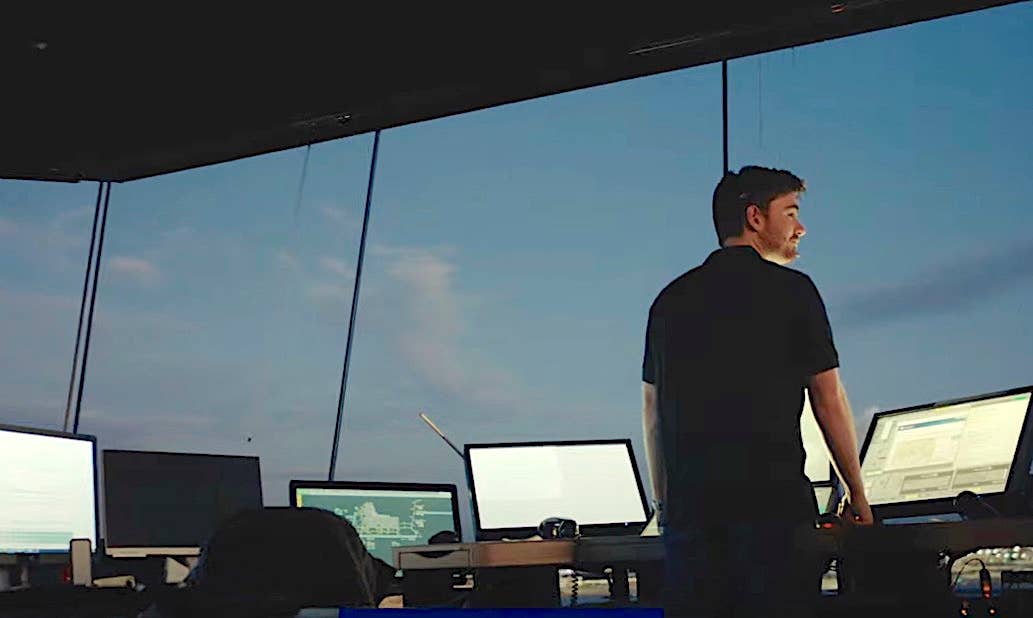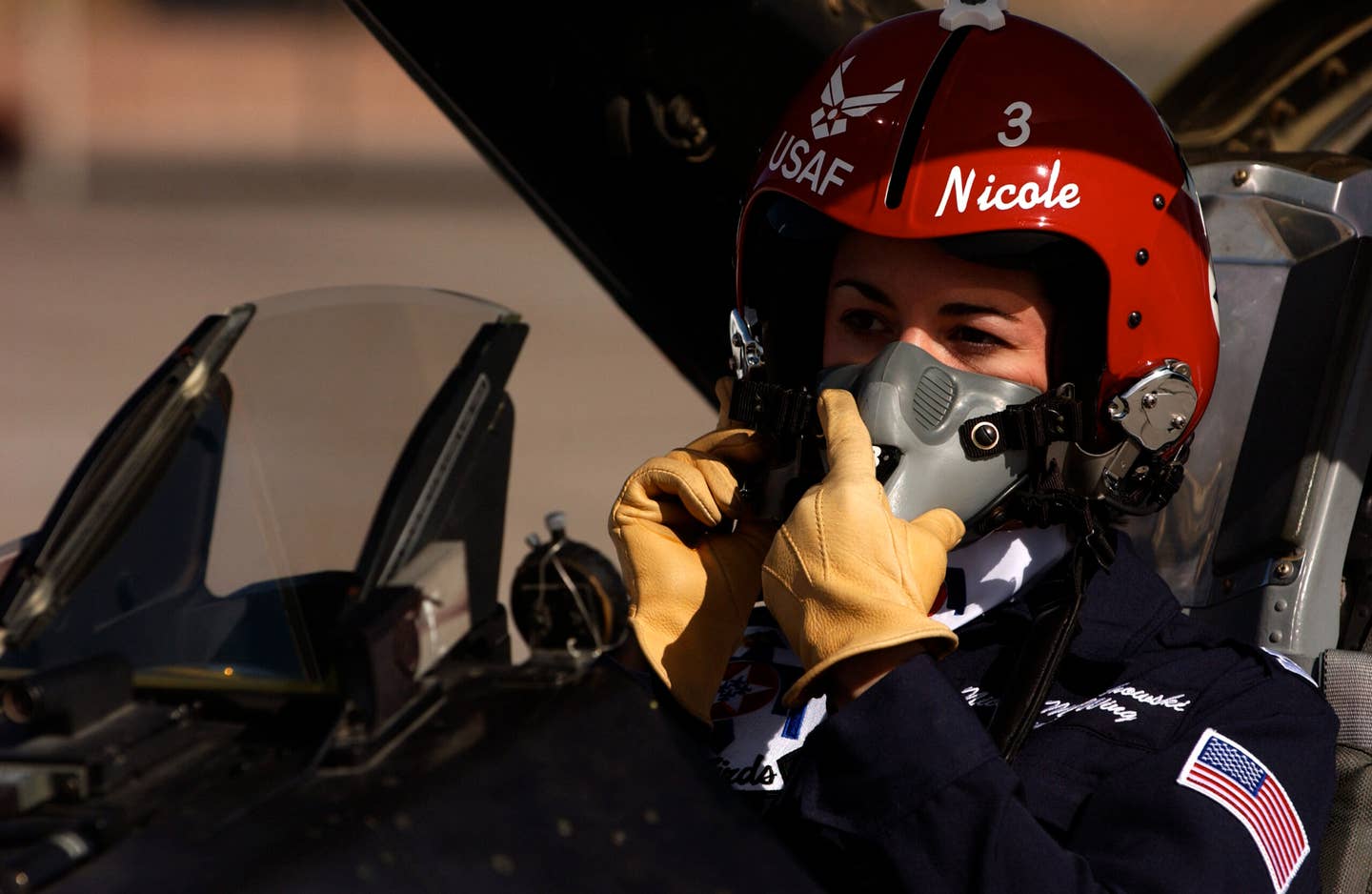Boeing 737 MAX Resumes Flight Testing (UPDATED)
Boeing completed the first of the three expected test flight sessions today on the road to lifting the 737 MAX’s grounding, in place for 15 months. Today’s three test flights,…
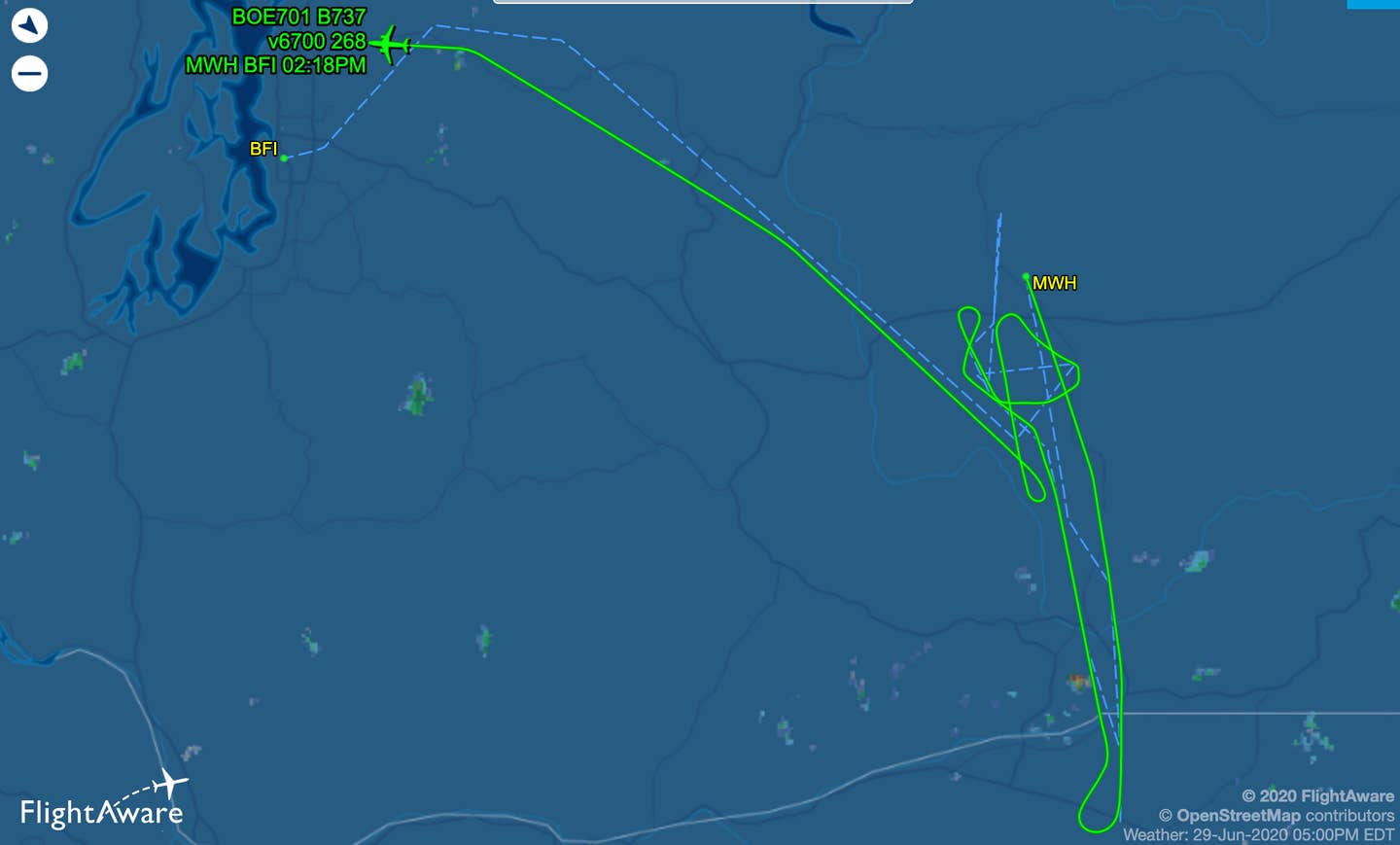
Image: FlightAware
Boeing completed the first of the three expected test flight sessions today on the road to lifting the 737 MAX’s grounding, in place for 15 months. Today’s three test flights, promised last week, took a 737 MAX from Boeing Field in Seattle to the company’s test facility in Moses Lake, Washington. The 1 hour, 21 minute flight included maneuvers to the south of Moses Lake, below 15,000 feet. A second, 37-minute flight remained in the area at low altitude and with a groundspeed as low as 142 knots, according to flight data visible on FlightAware. The third flight of the day left Moses Lake and maneuvered in the area for more than an hour before the flight turned northwest and returned to Boeing Field.
According to the FAA, "The certification flights are expected to take approximately three days. They will include a wide array of flight maneuvers and emergency procedures to assess whether the changes meet FAA certification standards. The tests are being conducted by test pilots and engineers from the FAA and Boeing." “Over the past several weeks the FAA has been reviewing the system safety assessment submitted by Boeing,” the agency continued in a statement. “The FAA’s Type Inspection Authorization Board has completed its review, clearing the way for flight certification testing to begin. While the certification flights are an important milestone, a number of key tasks remain. The FAA is following a deliberate process and will take the time it needs to thoroughly review Boeing's work. We will lift the grounding order only after we are satisfied that the aircraft meets certification standards."
Boeing has tested changes to MCAS programming already; these flights were to prove to the FAA that the changes were effective. Among the alterations from original specification, the new MCAS software is said to require agreement between the two separate angle-of-attack sensors on the aircraft, and it is supposed to have limits on the amount of stabilizer trim it can bring to bear. Other MCAS changes are said to make it easier for flight crews to disable the system in the event of a malfunction.
In other MAX news, Norwegian Air has canceled orders for 92 737 MAXes, while also announcing that it will seek compensation from Boeing for 787 engine troubles; it's also canceling orders for five 787s. “Norwegian has in addition filed a legal claim seeking the return of pre-delivery payments related to the aircraft and compensation for the company’s losses related to the grounding of the 737 MAX and engine issues on the 787,” the airline said.


